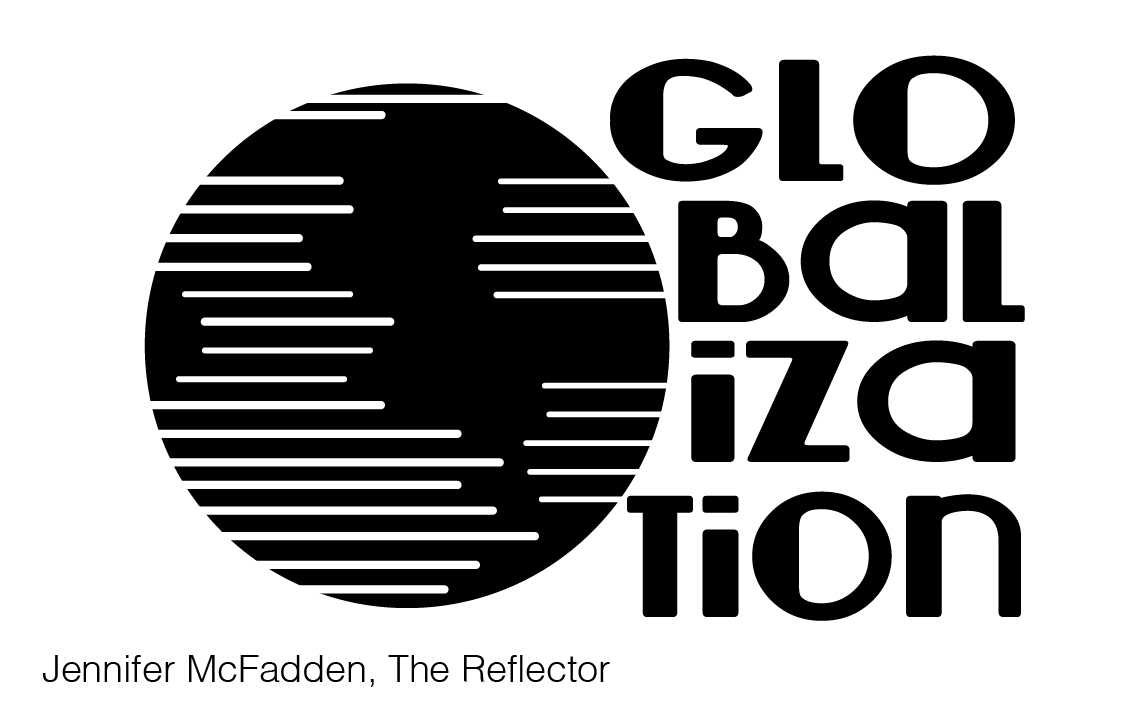Globalization is creating changes on a scale comparable to the emergence of the agricultural revolution or the industrial revolution. We see the world is becoming more global than ever because of trade agreements, technological improvements and international collaborations.
The world has changed noticeably during the last two decades, and the emergence of a new form of civilization has begun. In this era of fast and unforeseen changes with far reaching effects, the function of governments, people, groups, international relations, and collaboration between societies are changing quickly as well. Because of this, leadership is more important today than ever before.
The major challenge in developing leadership in our global society is this: we are regularly teaching students how to solve new problems by using familiar methods when we should be teaching them the opposite. Particularly, future leaders should be learning how to improvise, innovate and be more creative about using both new tools and familiar resources to adapt to unfamiliar challenges and unexpected events.
Although there are some changes in how people interact with each other in our global world, there are certain leadership traits which have stayed the same. Examining these traits is essential for future leaders. A leader is a person who influences and inspires a group of people towards the achievement of a goal.
What is the difference between a leader and a good leader? Who can answer this accurately? Thankfully, some of our finest and brightest leaders throughout history left behind some great bits of advice to help lead the way. Here are some of the best quotes on how to be a better leader.
First, leaders provide inspiration. John Quincy Adams said, “If your actions inspire others to dream more, learn more, do more and become more, you are a leader.”
Perhaps the most fundamental leadership skill you can cultivate is the ability to provide inspiration to your group. If you motivate your people to reach for the stars, they just might bring you back the moon.
Secondly, leaders both teach and learn.
According to John F. Kennedy, “Leadership and learning are indispensable to each other.”
Intelligent leaders are aware of what they do not know. Learning is an endless process throughout your life, and it does not end when you become a group leader. It is important to always look for opportunities for development and pass on the knowledge you have learned to your people.
Thirdly, leaders should be bold. Ken Kesey states,“You don’t lead by pointing and telling people some place to go. You lead by going to that place and making a case.”
To be a worthy leader, you sometimes need to explore the untraveled path. Being bold in the face of uncertainty will assist you as you provide your group courage and inspire them to continue striving when things gets tough.
Next, leaders listen to their people.
Theodore Roosevelt said, “The best leader is the one who has sense enough to pick good men to do what he wants done, and the self-restraint to keep from meddling with them while they do it.”
Your group is your biggest resource; listen to their responses and encourage their goals. You never know where your next great idea will come from.
Finally, leaders tackle challenges. Henry Ford said, “Don’t find fault, find a remedy.”
For a good leader, there is no such thing as a task too big. When you have this attitude, your group will follow suit, and every hardship will present an opportunity for greater success.
These are all important leadership qualities. So, how do we develop them in our global world? The first and most important step to become a better leader is to read.
Harry S. Truman said, “not all readers are leaders, but all leaders are readers.”
According to Dave Olson, there are five reasons why all leaders are readers.
First, reading elevates us above our current situation. Second, reading multiplies our experiences. Third, reading allows us to spend time with smart people. Fourth, reading can quickly build our expertise. Fifth, reading gives us an escape.
As counterintuitive as it might seem in our global, fast-paced society, taking the time to read constantly is the only possible way to stay ahead of the curve.
















































































